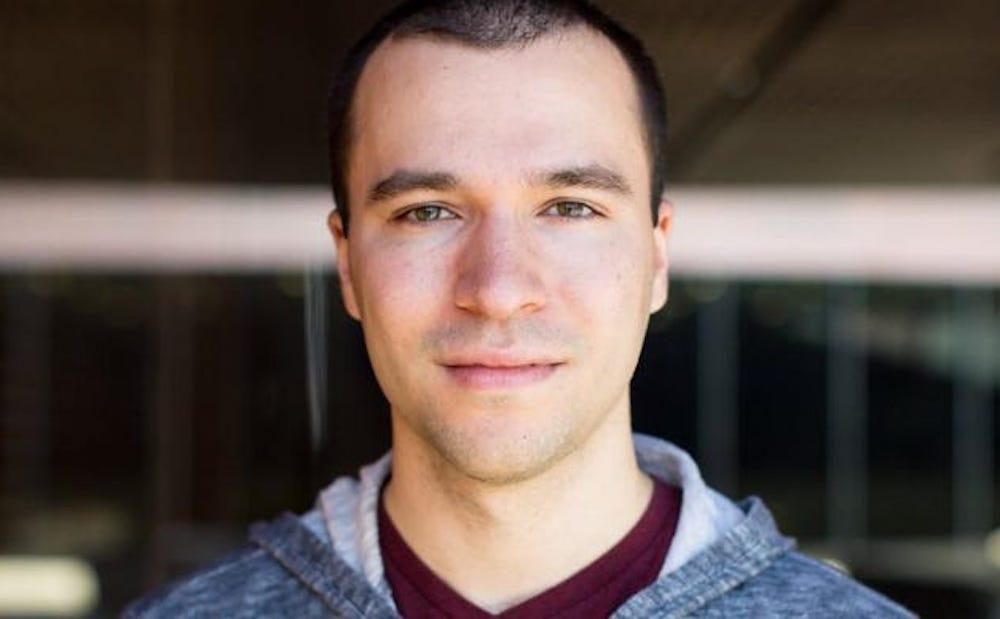
From a young age, Greg Brockman showed a proclivity for STEM-related programs. In 2006, while still in high school, he won a silver medal for the U.S. team at the International Chemistry Olympiad held in South Korea. The next year, he was a finalist in the Regeneron Science Talent Search, a national pre-college science contest. He then enrolled at Harvard University, intending to double-major in mathematics and computer science. But he quickly grew restless and transferred to MIT—only to drop out within a matter of months. Upon leaving university life in 2010, he moved to San Francisco and never looked back.
Today, Brockman is best known for being a co-founder and the CTO of OpenAI, an artificial intelligence (AI) research laboratory consisting of the for-profit corporation OpenAI LP and its parent company, the non-profit OpenAI Inc. In late 2015, Brockman launched the company along with tech luminaries Elon Musk and Sam Altman. In the several short years of its existence, OpenAI has become one of the leading AI research labs in the world. As the company’s CTO, Brockman recruited its founding team. He also co-led the development of OpenAI's bot, which defeated the best human professionals at solo matches of the video game Dota; and co-runs the company's day-to-day business. Over the years, he's worked on projects such as OpenAIFive, OpenAI API, and Codex. A darling of Silicon Valley, Brockman's company continues to produce headline-grabbing research. In 2019, OpenAI LP received a $1 billion investment from Microsoft.
Brockman first made a splash in the tech world after joining the startup Stripe when it was still called "/dev/payments." While at Stripe, which developed payment processing software and an API application programming interface for websites and mobile applications, the college dropout worked as a founding engineer, helping to scale it from 4 to 250 employees. In 2013, he became Stripe’s first CTO.
In addition, Brockman is an angel investor, providing start-ups with seed capital. As of September 2021, he has invested in more than 20 projects, including Rader, Scale, Retool, and more. In 2018, his work in AI landed him a spot on the Forbes 30 Under 30 list in Enterprise Technology.
